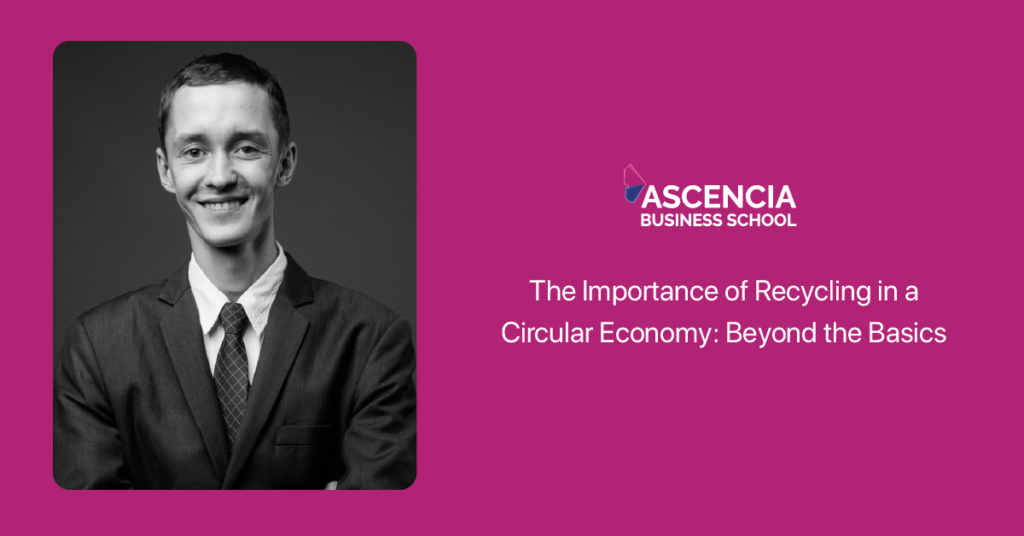Recycling is indispensable in the circular economy, surpassing the straightforward separation of refuse materials. It is a fundamental component in the promotion of sustainable development, the reduction of the demand for new resources, and the mitigation of environmental impact. Recycling conserves natural resources and reduces the amount of waste sent to landfills by reprocessing materials such as plastics, metals, and glass. This process not only mitigates greenhouse gas emissions associated with the production of new materials but also facilitates the establishment of a closed-loop system in which products are perpetually repurposed and reused.
Nevertheless, the establishment of a recycling system that is effective within a circular economy necessitates more than just individual endeavors; it necessitates systemic change at both the corporate and policy levels. In order to improve recyclability, businesses must invest in effective recycling technologies and innovate in product design. Governments are instrumental in the establishment of regulations and incentives that promote the extensive development of infrastructure and recycling practices. It is equally crucial to inform consumers about the broader environmental benefits and appropriate recycling habits. Society can substantially reduce waste, conserve resources, and establish a sustainable future by transcending basic recycling and adopting a comprehensive approach.




